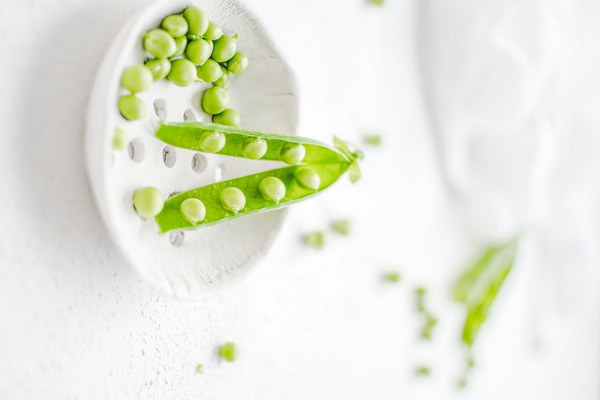Balancing Body and Mind A Guide to Pre and Post-Menstrual Health Management
Introduction:
The menstrual cycle is a natural process that affects every woman's life. However, it can also bring about discomfort and disturbances in daily activities. Pre and post-menstrual phases require special attention and care to maintain physical and mental well-being. This article provides a comprehensive guide to balancing body and mind during these critical periods.
I. Understanding the Menstrual Cycle:
The menstrual cycle is a complex interplay of hormonal changes that occur in a woman's body. It typically lasts about 28 days and consists of four phases: the follicular phase, ovulation, the luteal phase, and menstruation. Each phase has its own set of hormonal fluctuations and physiological changes.
II. Pre-Menstrual Symptoms:
The pre-menstrual phase, also known as PMS (Premenstrual Syndrome), usually occurs about 7-14 days before the start of menstruation. It is characterized by a range of physical and emotional symptoms, including:
1. Breast tenderness
2. Swelling
3. Weight gain
4. Mood swings
5. Fatigue
6. Headaches
7. Bloating
8. Constipation or diarrhea
III. Pre-Menstrual Care:
To manage pre-menstrual symptoms, it is essential to adopt a holistic approach that includes lifestyle modifications, dietary adjustments, and alternative remedies. Here are some tips:
1. Regular Exercise: Engage in at least 30 minutes of moderate-intensity exercise daily to boost endorphins and reduce stress.
2. Balanced Diet: Consume a well-balanced diet rich in fruits, vegetables, whole grains, lean proteins, and healthy fats.
3. Hydration: Drink plenty of water to reduce bloating and support kidney function.
4. Magnesium: Magnesium supplements can help alleviate pre-menstrual symptoms such as cramps and mood swings.
5. Aromatherapy: Use essential oils like lavender, clary sage, and rose to reduce stress and promote relaxation.
6. Mindfulness and Meditation: Practice mindfulness and meditation to manage stress and improve emotional well-being.
IV. Menstrual Care:
During the menstrual phase, it is crucial to maintain proper hygiene, manage cramps, and address other symptoms. Here are some tips:
1. Hygiene: Use clean and comfortable menstrual products, such as tampons, pads, or menstrual cups, to avoid infections and discomfort.
2. Pain Relief: Over-the-counter pain relievers like ibuprofen can help alleviate cramps and menstrual pain.
3. Warm Compress: Apply a warm compress to your lower abdomen to relax muscles and reduce cramps.

4. Relaxation Techniques: Practice relaxation techniques such as deep breathing, yoga, or gentle stretching to manage pain and discomfort.
5. Healthy Habits: Maintain regular sleep patterns, stay hydrated, and avoid excessive caffeine and alcohol consumption.
V. Post-Menstrual Care:
The post-menstrual phase, also known as the follicular phase, is a time for recovery and rejuvenation. Here are some tips for post-menstrual care:
1. Rest and Relaxation: Ensure you get enough sleep and take time to rest and relax.
2. Nutrition: Consume a nutritious diet rich in vitamins, minerals, and antioxidants to support your body's healing process.
3. Hydration: Drink plenty of water to flush out toxins and support kidney function.
4. Gentle Exercise: Engage in light exercises like walking or cycling to promote blood circulation and reduce stress.
5. Regular Check-ups: Schedule regular gynecological check-ups to monitor your menstrual health and rule out any underlying conditions.
Conclusion:
Balancing body and mind during pre and post-menstrual phases is crucial for maintaining overall health and well-being. By adopting a holistic approach that includes lifestyle modifications, dietary adjustments, and alternative remedies, women can effectively manage menstrual symptoms and enjoy a healthier life. Remember to consult with a healthcare professional for personalized advice and support.









